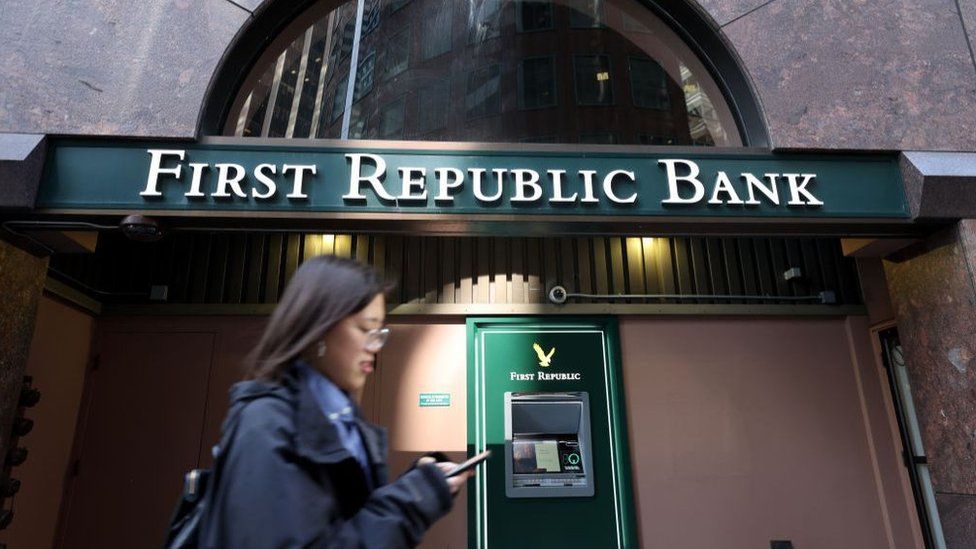
The US seeks financial help for First Republic
According to sources acquainted with the matter, United States regulators are allegedly considering “extending” an emergency loan line for banks, which might offer First Republic Bank more time to resolve balance sheet difficulties.
Bloomberg reported on March 26 that, citing anonymous sources, U.S. authorities are mulling over what help, “if any,” may be supplied to the First Republic. Among the alternatives being considered is an “extension of the
offering.”
According to reports, authorities found the First Republic “stable enough to function” without the need for “urgent assistance” while the bank works to “shore up its balance sheet.”
The sources reportedly added that although the Fed’s liquidity offers would be expanded in compliance with banking legislation, which requires that they be “broad-based” and not intended to help a single bank, the change might be “done in a fashion” that advantages First Republic Bank.
It was reported that First Republic’s balance sheet presented structural challenges despite the company’s structural difficulties. “The bank’s deposits are stabilizing, and the institution is not at risk of experiencing “the kind of sudden, severe run” that prompted regulators to close Silicon Valley Bank. It was noted:
“It has cash to meet client needs while it explores solutions, the people said. That includes $30 billion deposited by the nation’s largest banks this month.”
It was highlighted that this follows the Fed’s March 19 announcement of a strategy to boost liquidity conditions via swap lines,” “which include a currency exchange arrangement between two central banks.
The central banks now conducting U.S. dollar operations have agreed to raise the frequency of seven-day maturity operations from weekly to daily, the Federal Reserve said in a statement.
The swap line network, which includes the Bank of Canada, the Bank of England, the Bank of Japan, the European Central Bank, and the Swiss International Bank, began on March 20 and is scheduled to continue until at least April 30.
